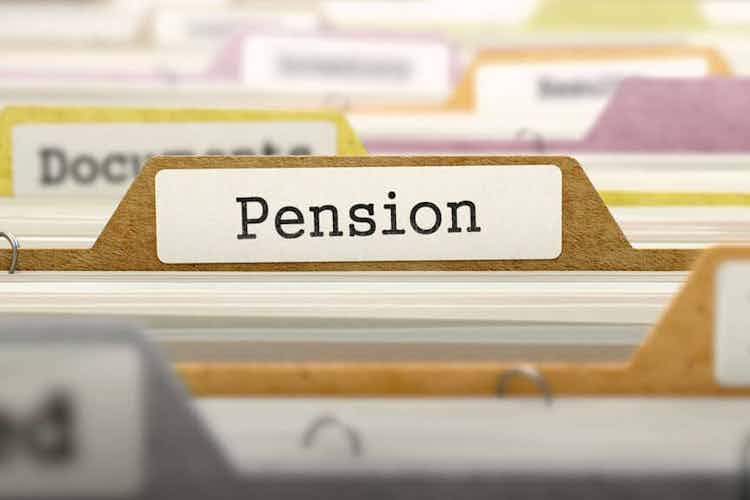The state pension is something that we Brits have come to expect after years of hard work and paying taxes.
But as legislation seems to change on a regular basis, how much can we expect to receive in later life? And when is it likely that we will qualify?
Recent changes in the rules governing pensions mean that the two-tier national state pension has been replaced by a single state pension.
You now need 35 years of National Insurance contributions (NIC) to qualify for the maximum state pension, which now stands at a mere £164.35 per week.
If this figure were annualised, that would mean an income of just £8,546.20.
Looking at it a different way, if that figure were paid to someone in employment working 40 hours per week, that would work out at £4.10 per hour – about half the minimum wage!
If a pensioner lives in rented accommodation – even with added social security benefits – how can they possibly be expected to survive on this?
Maximise your retirement fund with our panel of pension providers. Click on your chosen provider to get started!
RECENT STATE PENSION CHANGES
On 6th April 2016, some significant and disturbing changes were made to the state pension.
Up until then, there was a two-tier system.
If you had made just 30 years of National Insurance contributions, you may have been eligible for some ‘additional state pension’, but this has now been replaced by a single new state pension.
You will be eligible for this only if you have made National Insurance contributions (or received credits) for a minimum of 10 years; however, in order to obtain the maximum benefit, you need to have made contributions for at least 35 years.
Mind you, if you so choose, you can continue working after you have reached the pension age – though not everyone is willing or in sufficiently good health to do so.
If you decide to carry on working, you can put off claiming your state pension for several years – which for those with insufficient funds may be the only option.
WHEN CAN I CLAIM MY PENSION?
The age at which you are eligible for the state pension is rising.
For years it used to be that men could claim their pension at age 65 and women could claim it at age 60. However, in this age of equality, women can now no longer claim their pension until they reach 65 years of age – a massive increase.
By 2020, the age when you can claim goes up for both men and women to 66, and by 2028 to 67.
FUTURE STATE PENSION CHANGES
As life expectancy increases, people currently in their twenties can expect the pension eligibility age to increase to 68 or more as future governments attempt to save money and try to incentivise people to put more and more into workplace pension schemes.
ADDITIONAL STATE PENSION ENTITLEMENTS
If you are a man born before 6th April 1951 or a woman born before 6th April 1953, you may be entitled to extra payments.
This payment should come to you automatically, but do check your payments to ensure that you are receiving what you are entitled to.







